Olympic Movement
04.02.2022
Tokyo 2020 venues scheduled to reopen for public use
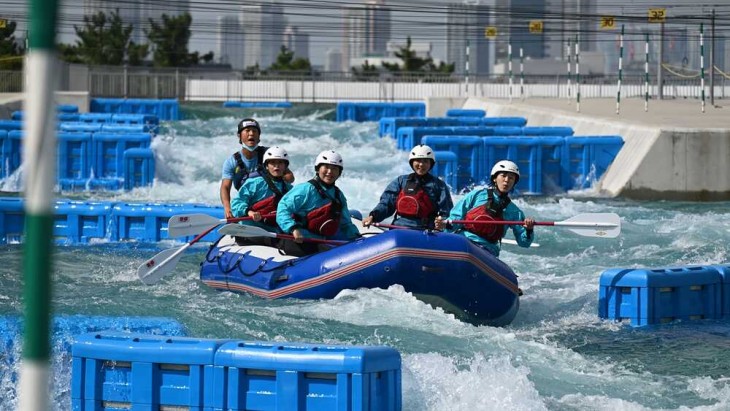
-
Members of the discussion:
-
Last reply:
The Tokyo Metropolitan Government (TMG) has announced plans to reopen three of the eight new permanent venues used at the Olympic Games and Paralympic Games Tokyo 2020. Another Tokyo 2020 venue, the Yumenoshima Park Archery Field, has been open since 31 October.
In line with Olympic Agenda 2020, Tokyo 2020 significantly reduced the amount of construction, with less than 25 per cent of permanent venues built in the lead-up to the Games. Of the 43 venues used, 25 were already existing, including five used at the Olympic Games Tokyo 1964. Ten venues used at Tokyo 2020 were temporary, and only eight venues were newly constructed, with long-term post-Games use in mind.
As per the usual practice, venues are generally closed after the Games for safety reasons, in order to allow time to remove overlay and dismantle temporary structures.
“Our goal is to maximise the reuse of existing venues, reducing both the cost and the carbon emissions of the Games.”
Said Marie Sallois, IOC Director for Sustainability.
“We were pleased to see that some of the existing venues used for Tokyo 2020 were a legacy from Tokyo 1964. For the eight venues that were built in the lead-up to the Games, we are excited to see that many are already scheduled for reopening so they can serve the local community.”
The venues scheduled for reopening include the Sea Forest Waterway, Oi Hockey Stadium and Kasai Canoe Slalom Centre.
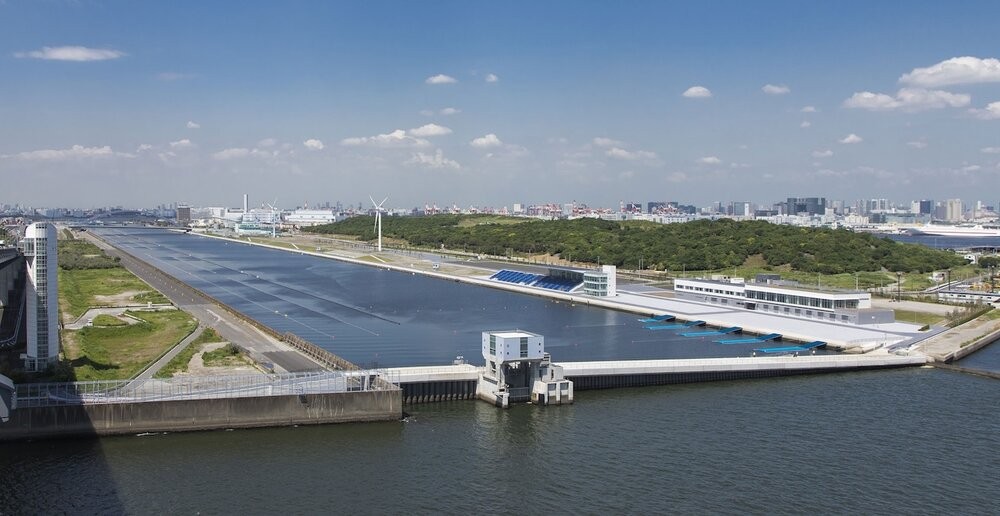
Sea Forest Waterway
Powered by solar energy, this venue hosted the Tokyo 2020 rowing and canoe competitions. Located close to central Tokyo, it is scheduled for partial re-opening on 29 April 2022. It will serve for international rowing and canoeing competitions, and for the development and training of athletes. It is also envisaged to be used for leisure and recreational activities by Tokyo residents.
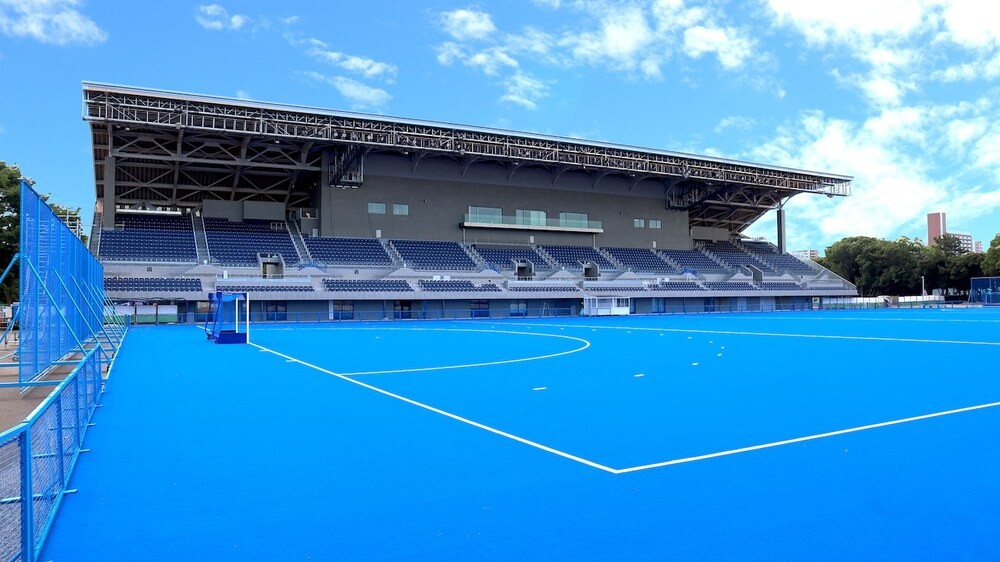
Oi Hockey Stadium
Located in the waterfront area of Tokyo Bay, the Oi Hockey Stadium will fully reopen on 18 June 2022. Both of its pitches are equipped with blue turf made from renewable raw materials: 60 per cent of its surface consists of a by-product of the sugar cane industry, a bioplastic called polyethylene. It also requires significantly less water than the amount normally used for Olympic hockey pitches.
As one of the few public hockey stadiums in Japan, the venue will contribute to enhancing the competitive level of hockey, and popularising and promoting the sport. It will also function as a place for Tokyo citizens to engage in a wide range of different sports.
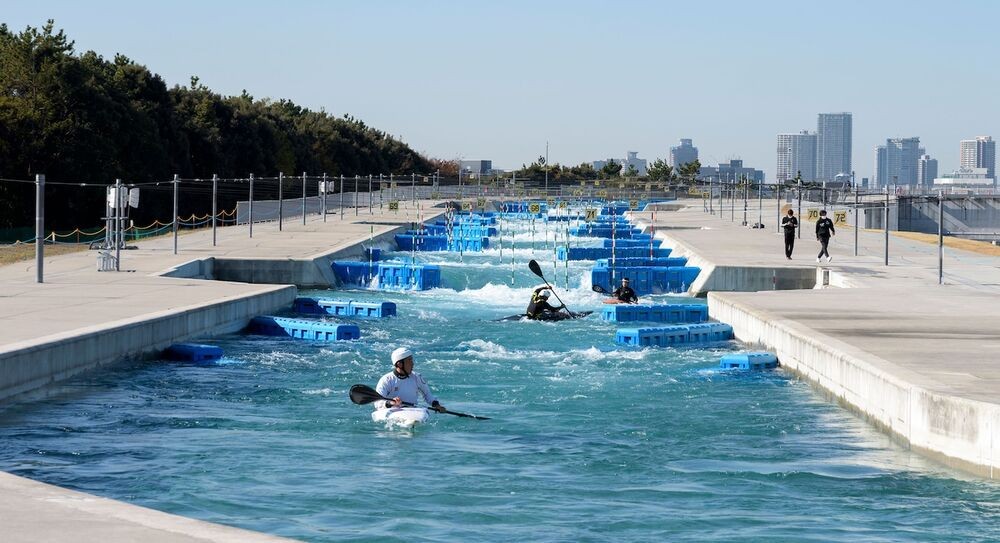
Kasai Canoe Slalom Centre
Host to the Tokyo 2020 canoeing competitions, the Kasai Canoe Slalom Centre is scheduled to be partially reopened on 23 July 2022. It is the first man-made canoe slalom course in Japan.
It has already served the local population by hosting the canoe slalom national championship last month. At the end of November, the venue was open for visits from the public, including school children, with Olympians demonstrating their skills. After its reopening, the venue will host international and national water sports competitions, including canoe slalom. It will also provide opportunities for leisure activities for local residents, such as rafting.
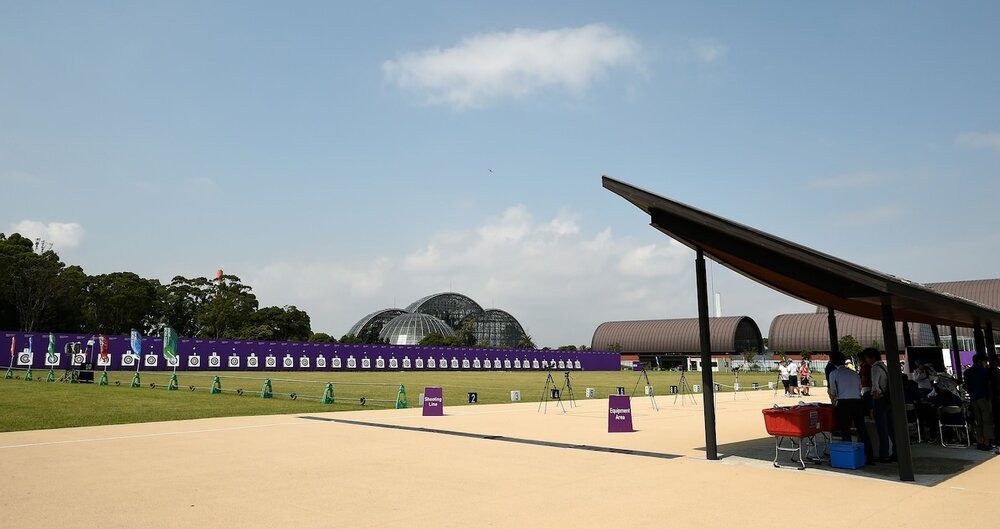
Yumenoshima Park Archery Field
The Yumenoshima Park Archery Field has been open since 31 October. The venue will be used to support and promote archery through the organisation of competitions, and of events allowing members of the public to experience the sport. For the rest of the year, the venue’s grass plaza will be open to the public, offering a place for rest and relaxation.
The reopening dates for the last two new Tokyo 2020 venues, the Ariake Arena and the Tokyo Aquatics Centre, will be defined at a later stage.
The IOC’s strategic roadmap, Olympic Agenda 2020, and its successor, Olympic Agenda 2020+5, require Olympic hosts to make maximum use of existing venues. Looking ahead, just five per cent of the venues at Paris 2024 will be new, and this figure will fall to zero for Los Angeles 2028.
Discussion
More on the topic
More on the topic
